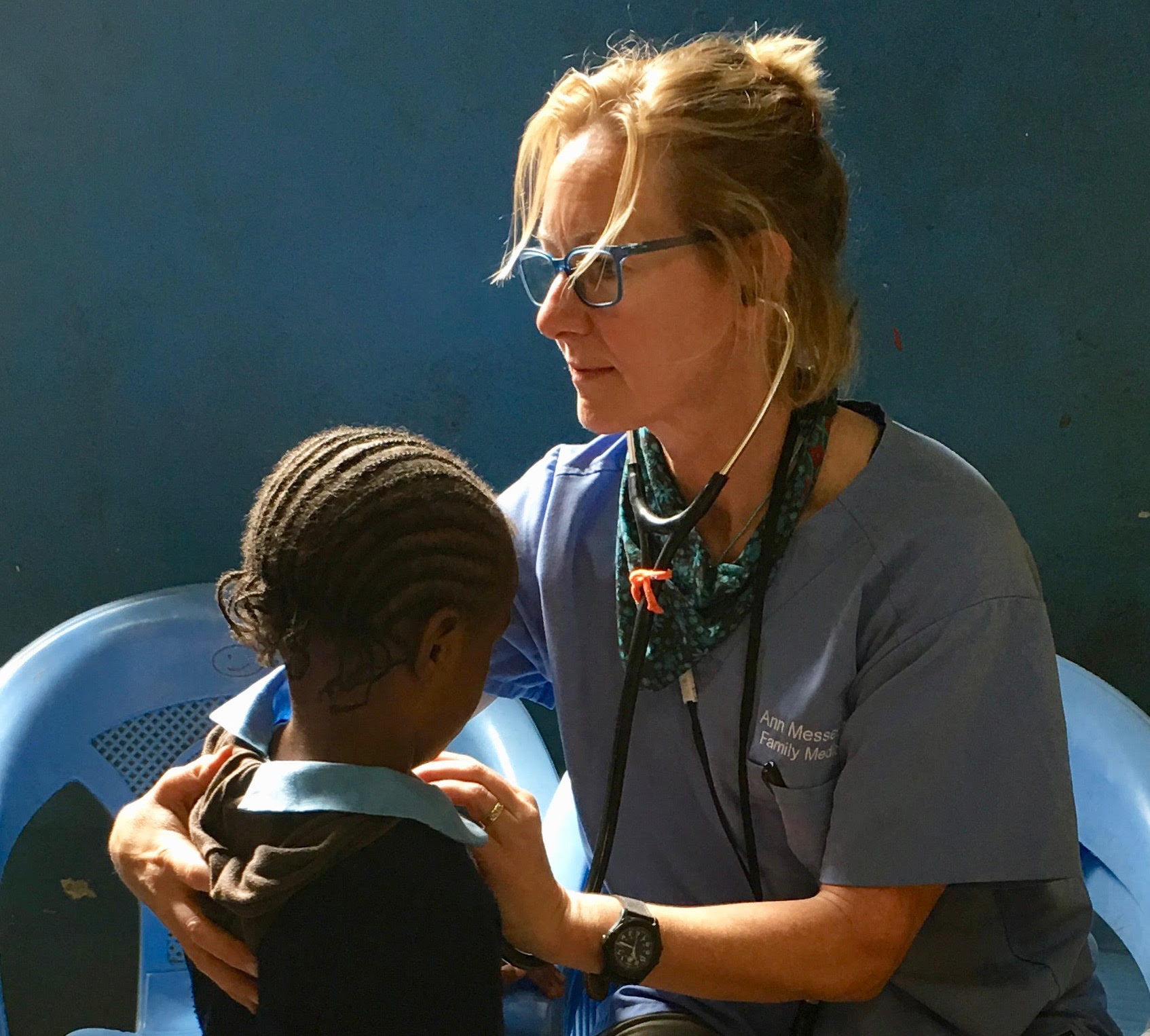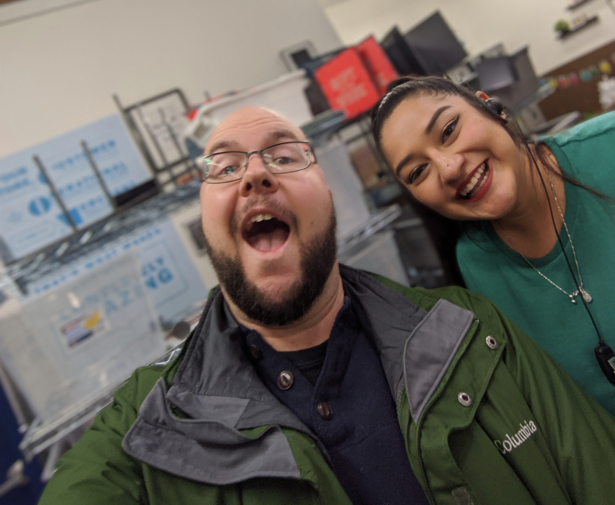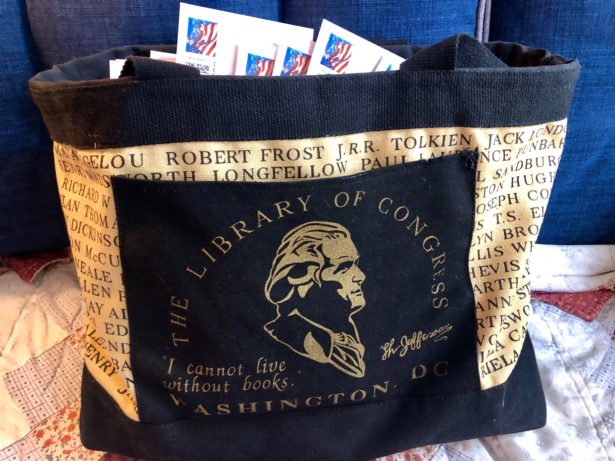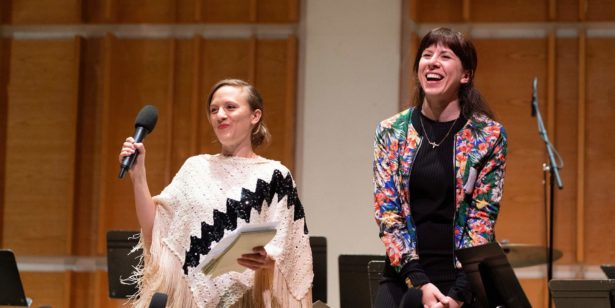
One Good Turn Spawns Many More
How a doctor found a new vocation while on vacation
When Ann Messer signed her family up to do volunteer work in Nicaragua in 2010, she had no idea it would lead to her becoming the founder and executive director of a nonprofit organization of her own. It was Christmastime, and Messer found herself frustrated with the travails of the annual shopping season. “I was sitting on my couch reading Oprah magazine, which is my guilty pleasure,” she recalls, “and I saw this article about Roadmonkey.”
Going on an expedition to do something like build a new school for an underserved community sounded better than another trip to the mall. “So I literally cancelled Christmas,” Messer told Good Turns recently, and she and her husband and their three kids and one of their cousins got on a plane for Nicaragua.
“We went down there originally planning to do some surfing, to hike a volcano, and to build a clean water project,” Messer says. They made it to the mountains and connected with the organization doing the work, but then there was a change in plans. “When they learned that my husband and I both are doctors, they said, ‘We really need you to do to clinics.’ So they literally handed us a cardboard box full of expired Claritin and gastritis medications. My husband and I looked at each other, and we said, ‘Wow. Okay.’ So they took us up into the mountains and we got to the end of the road and we just kept going.”
“By the end of the trip the places we were in didn’t even have electricity, and we would set up shop and somehow the word would spread, there would be two or three hundred people waiting for us,” Messer recalls. “It was just an amazing experience. We gave out Advil and Tylenol and Claritin and gastritis meds, everything we had. It just lit me up.”
We are all in this together, and I feel incredibly lucky that I’ve been to enough places that I really know that there’s just one ‘us.’
“I got home and I just couldn’t sleep after that,” she said. “I was waking up thinking this is such a clear need with such an easy solution. So I just started going on trips with my friends, and I started to get a better sense of what it means to practice culturally responsible, practically appropriate medicine in developing countries. I started recognizing that the people in this communities are very intelligent and they take great care of themselves, they just need a little bit of dot-connecting between the medicines available to them and the right way to use them. And a little encouragement. They’re doing a fantastic job under very difficult circumstances.”
Having found her calling, Messer’s trips continued, and in 2016 she formed the nonprofit organization known as One Good Turn, to provide “focused medical support and education, in partnership with established organizations, to neglected communities all over the world.” So far, that has included communities in Cambodia, Kenya, Uganda, Nicaragua, Peru, and elsewhere.
Messer works not by deciding which communities need a doctor, but by being invited by organizations that are already doing work in the community in question, and which already has community support and trust. She researches the organization and the situation so that she can do a needs assessment, and then assembles a team of people either from the United States or, preferably, from people already connected to the community.
While Messer, who lives in Austin, Texas, has always been “one of those volunteer moms,” she says, she had never made a vocation of it before her Nicaragua vacation with Roadmonkey. But she had certainly done her share. When Hurricane Katrina hit the southern U.S. in 2005, she oversaw the 7,000 volunteers who showed up to help run ad hoc clinics—”but that was just because I happened to be the first doctor there.”
Now that she’s able to devote much of her time to her aid work, “I am so grateful every single day,” she says. And providing a global service has taught her a lot. “Everybody is so awesome in this whole entire world. People really work hard. People want to take care of themselves. It’s so easy to portray developing nations like we’re so much better. We are not better. The family units everywhere are great, and people everywhere love their kids, people everywhere tell jokes, people everywhere wonder what to have for dinner. There’s a financial difference, but people are not that different.”
As a result of her work and her travels, “I really know that the world is round,” Messer says, “and that if you start moving around it, you’re going to come back to the other side, to where you started. We are all in this together, and I feel incredibly lucky that I’ve been to enough places that I really know that there’s just one ‘us.’ It’s just one big globe.”
They are inspiring words, from a woman on an inspiring mission, with a global perspective we could all use a bit more of.
Posted April 9, 2019





